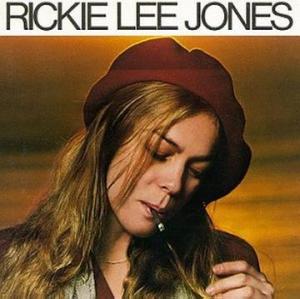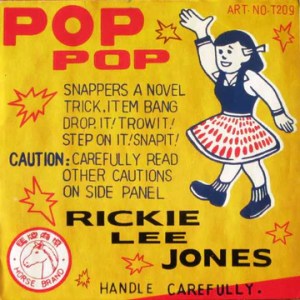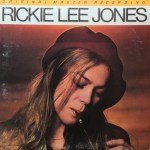 More of the Music of Rickie Lee Jones
More of the Music of Rickie Lee Jones
Reviews and Commentaries for Rickie Lee Jones’ First Album
You need to use a basket of roughly five to ten recordings to test your equipment, tweaks, room, cleaning regimen and the like.
Don’t rely on any given recording to be The Truth. None of them are.
To illustrate this idea, imagine your stereo as a huge diamond. Every recording you play is showing you a different facet of that diamond, corresponding to a different strength or weakness of your system’s reproduction.
Audiophile X will play a record and say it has bad bass. His bass reproduction is excellent when playing other recordings, so record X, which seems to have bad bass, must be at fault.
If you have been in audio for very long, you should easily recognize the conclusion this person has drawn as a case of mistaken audiophile thinking.
Audiophile Y plays the same record and says it has good bass. Assuming the record has good bass for a moment, what is in fact happening in Audiophile X’s system is that most facets of his bass are good, but some facet of his bass is bad, and this record is showing him some shortcoming in his bass reproduction that his other records are not capable of showing him.
If Audiophile X makes some changes to his stereo, and the record in question now has better bass, and, importantly, other records still sound as good or better than they used to, then some measure of success will have been achieved, and another step forward will have been taken in that very long and often frustrating journey we are all on.
Flaws in the Diamond
The diamond has many flaws. We find them and fix them by regular tweaking and tuning, both of which have the added benefit of improving one’s critical listening skills.
To help you improve your stereo, room, electricity and the like, we have scores of records that are good for testing a great many aspects of audio reproduction.
Testing with Rickie Lee
Rickie Lee Jones’ first album is what we would call a bad test disc, for the simple reason that it’s too easy to get it to sound good on a mediocre system.
Port’s Rule states: If it isn’t easy for your Test Discs to sound wrong, they are not very good Test Discs.
If you are looking for tougher test discs, we have you covered there, with two dozen ballbusters guaranteed to bring any stereo to its knees. If you like a challenge, and own some of these records, preferably Hot Stamper pressings you bought from us (because we know those have the right sound), we invite you to have at ’em.
Here are some other titles that are good for testing the same qualities we listen for on Rickie Lee’s first album, many with specific advice on what to listen for.
- Records that Are Good for Testing Bass Definition
- Records that Are Good for Testing Midrange Presence
- Records that Are Good for Testing Midrange Tonality
Further Reading





